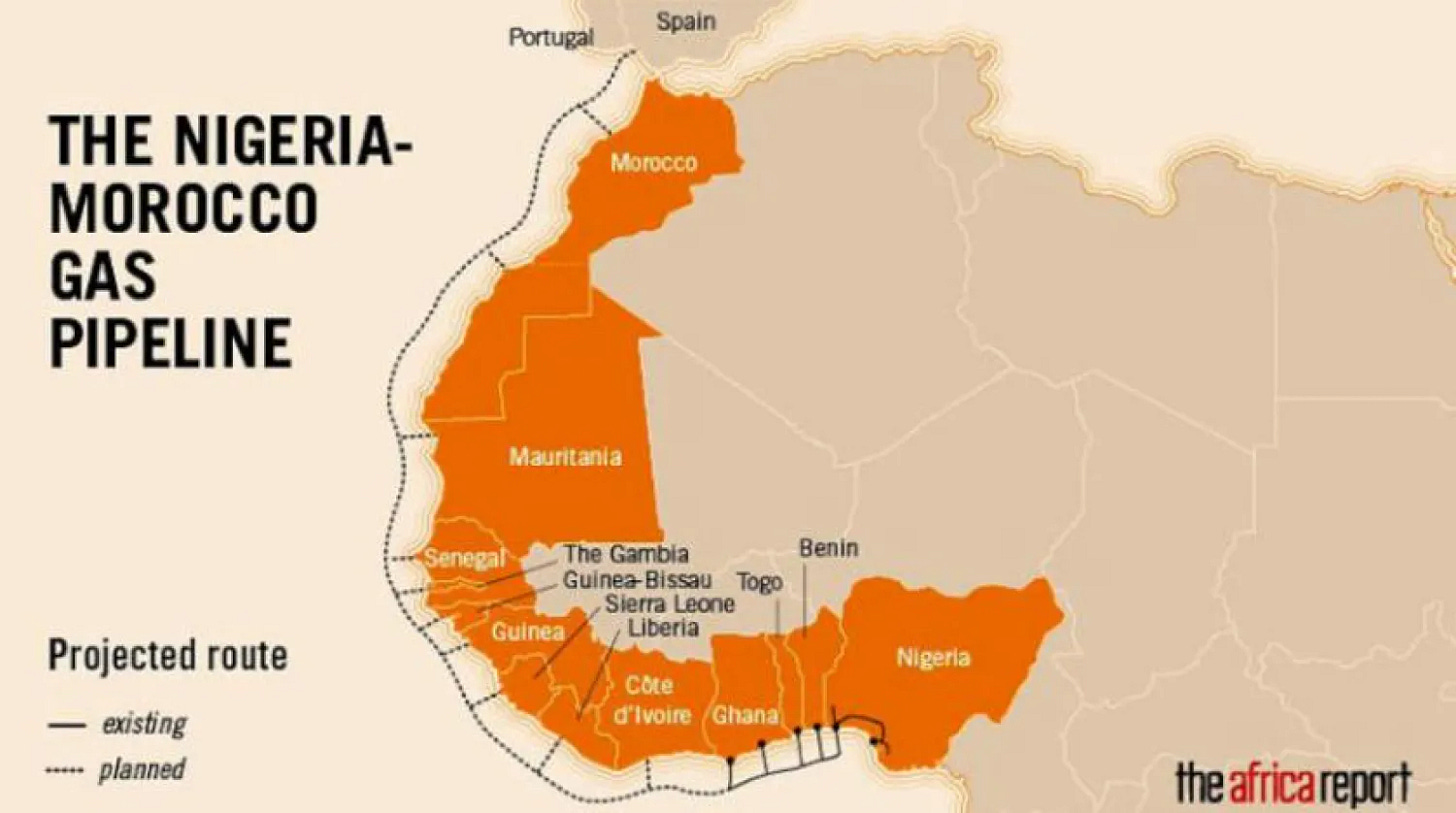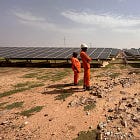Morocco Takes Step Towards Pipeline Dream, Delicate Balancing Act
The Morocco-Nigeria pipeline builds on the competition with Algeria, extending Israeli normalisation with African nations through a network effect anchored by Rabat’s diplomatic outreach.
Last month, the Morocco–Nigeria natural gas pipeline project, originally proposed in 2016, finally entered the execution phase—a year later than planned. It represents Morocco’s response to the long-envisioned but unrealised ambition of Algiers: the Algeria–Niger pipeline. The proposed $25 billion initiative establishes parallel infrastructure to Algeria’s, enabling Morocco to assert its influence over Africa’s energy future. Rabat is positioning this project as part of its broader ambition of becoming an industrial hub for Europe and a technology hub for Israel, thereby reinforcing its role as a key transit point on the continent. More broadly, the project builds on the momentum of the Abraham Accords, extending Israeli normalisation with African nations through a network effect anchored by Israel.
Global Demand for African Market
The ambitious energy infrastructure is planned to span 5,660 kilometres across 15 African countries—13 of which are in West Africa—connecting the Moroccan city of Dakhla to the Nigerian gas network and, ultimately, to Europe. Last month, a joint venture between Morocco and Nigeria was established to oversee the project, further cementing the start of its execution phase.
The most recent backer of the cross-continental initiative is the United Arab Emirates. Morocco’s Minister of Energy Transition and Sustainable Development announced that Abu Dhabi would join European financial institutions and Chinese contractors in funding the project. The UAE’s involvement—announced alongside support from European financiers, Chinese contractors, and the Saudi-based Islamic Development Bank—underscores the pipeline’s broad international appeal. Similarly, reports emerged on 28 April that the United States has also expressed interest in investing, following a meeting between officials from Nigeria’s central bank and the US State Department.
Keep reading with a 7-day free trial
Subscribe to MENA Unleashed to keep reading this post and get 7 days of free access to the full post archives.




